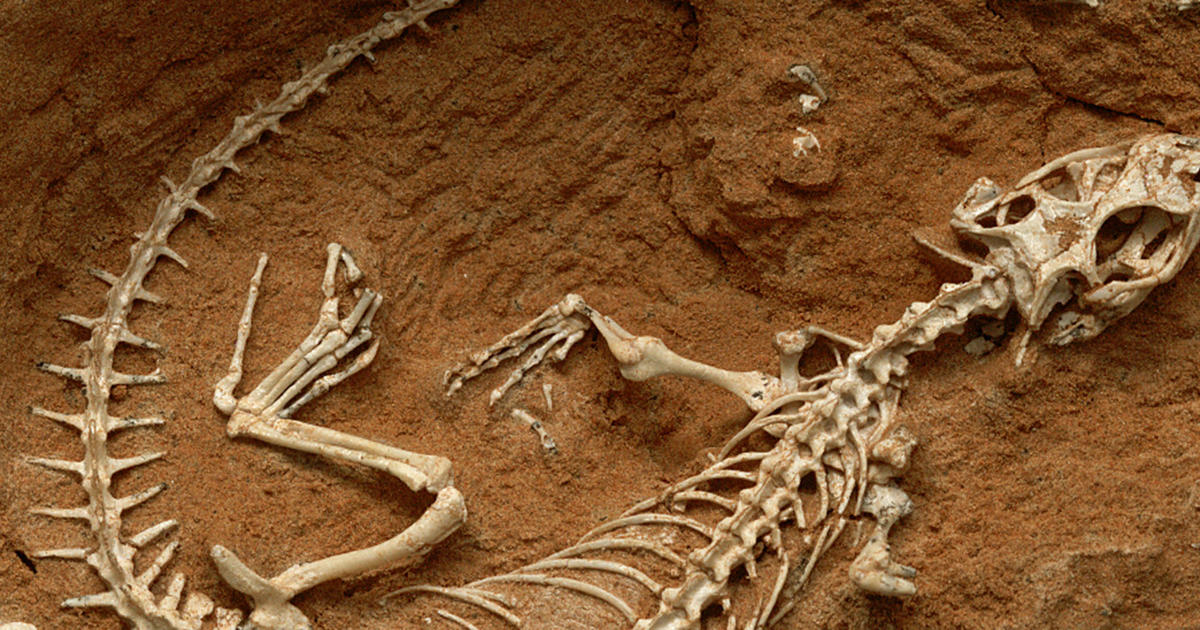Paleontology is the study of the history of life. Scientists who study paleontology are called paleontologists. Paleontologists use fossils to try to figure out three main things about fossils: Identity and origin of the fossil, the fossil’s environment, and what the fossil can tell us about the history of the earth. Because paleontologists are interested in finding out about all life on earth, they study all kinds of fossils, not just dinosaur bones. There are many different types of paleontologists. Some study fossil plants, some study fossil fish, some study fossil mammals, and some study dinosaurs. Pick a type of fossil and there’s bound to be a paleontologist that studies that type of fossil.
Paleontology is a combination of Geology (study of rocks) and Biology (Study of Life). Paleontologists also use many other types of sciences to help them understand the past. For example, they used engineering to figure out how hard a Tyrannosaurus Rex bites.
There are two main types of science: Historical science, and experimental science. In experimental science, scientists come up with a hypothesis (an idea you can test) and conduct experiments to see if they can disprove their idea. If they can’t disprove the hypothesis and other scientists can’t find experiments that disprove the hypothesis, the hypothesis becomes a scientific theory.
In historical science, scientists work a little bit differently. They come up with a hypothesis, but rather than conduct experiments to disprove the hypothesis, they go out and try to find evidence that supports the hypothesis. If enough evidence is found to support the hypothesis, the hypothesis is accepted as a scientific theory. Paleontology is a historical science.






